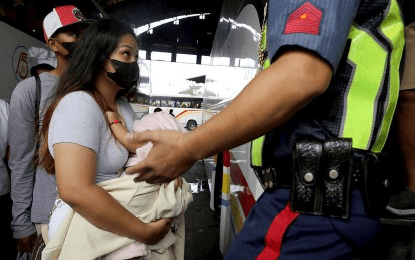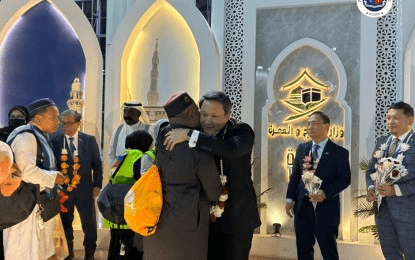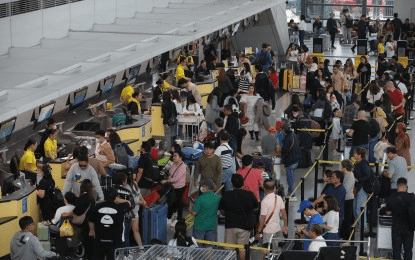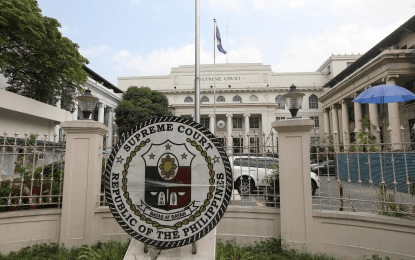By Joyce Ann L. Rocamora
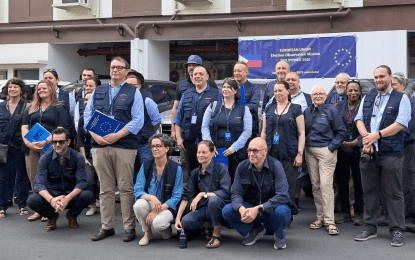
MANILA – The European Union (EU) on Wednesday deployed a 72-member mission to observe the conduct of the upcoming midterm elections in May, following an invitation from the Philippine government.
The mission’s members, representing experts from all 27 EU member states, will observe the polls in pairs and cover all regions in the country, including the Bangsamoro Autonomous Region in Muslim Mindanao (BARMM).
Deputy Chief Observer Manuel Sánchez de Nogués said the mission is the first in the Philippines and one of the largest the bloc has deployed to date.
In an interview in Makati City, the executive said the EU sees this invitation as a “sign” of the Philippine government’s openness to cooperate with the bloc.
“We’re independent— we assess elections (based) on the laws of the country and the international principles for democratic elections and political participation that was signed by the host country,” he said.
“We are here with open eyes and we would listen to everybody,” he added.
When the EU deploys an election mission to a foreign state, its experts observe all aspects of the electoral process— listening to all stakeholders from the government, political parties, candidates, civil society groups, and voters— and afterward, come up with a comprehensive report.
The report, made available to the public, assesses the election’s compliance with domestic laws and the Philippines’ international commitments related to democratic elections.
“We don’t interfere in the process, it means we don’t assess the process until the process is finished. We will not make any assessment until two days after the elections,” said Sánchez de Nogués.
The full final report with recommendations, he said, would be released two months after the polls.
Sánchez de Nogués said another 104 “short-term” observers would be deployed to augment the mission, specifically during the tallying of votes.
One of the observers, Lithuanian national Ricardas Ramoska, said inviting a diverse set of observers into the country is “very important” as it can help provide a comprehensive picture of the election, which the host country could use as a tool for its future polls.
Ramoska together with another observer would be assigned in the Cordillera Administrative Region to cover Benguet and Mt. Province.
The EU Delegation in Manila said the mission would maintain “strict neutrality and impartiality” and would not offer any advice or assistance during the course of their work.
Chief Observer Marta Temido, a member of the European Parliament from Portugal, will arrive in Manila next week for high-level meetings with different stakeholders in the country.
On top of observing the campaign rallies and activities, the mission will assess the performance of the Commission on Elections; the participation of marginalized groups; the respect for civil and political rights; the work of the media; and the accuracy of the automated election system, among others.
On election day, the mission will visit hundreds of polling stations across the country, in both rural and urban areas, to observe the opening, voting, counting, and tabulation results and the election dispute resolution.
Diplomats from EU member states, Canada, Norway, and Switzerland as well as a delegation of European Parliament members will also join the mission to observe the conduct of polls on May 12. (PNA)

